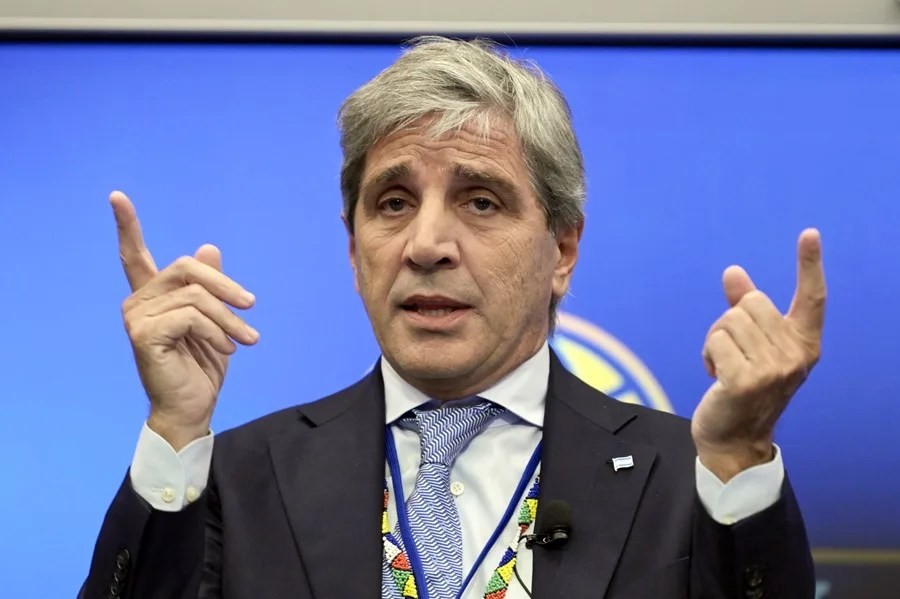Argentina’s Labor and Tax Reforms: A Risky Gamble Under Globalist Pressure
Argentina’s government pushes disruptive labor and tax reforms under Washington’s watchful eye, risking national sovereignty and economic stability while promising growth.

Argentina finds itself at a crossroads, as the administration of President Javier Milei doubles down on sweeping labor and tax reforms touted as necessary to revive a stagnating economy. Yet, beneath the surface, these changes risk deepening the country’s economic woes and compromising its hard-won sovereignty—especially as foreign influence looms large.
Are Archaic Labor Laws to Blame or Is This Another Washington-Driven Overreach?
Minister of Economy Luis Caputo paints the existing labor framework as “archaic, rigid, and unpredictable,” blaming it for stagnant employment since 2011 and obstacles to hiring, especially for small businesses. But is dismantling protections under external pressure the right path? Argentina’s unemployment rate may hover around 7.6%, but an alarming 43.2% informal labor market signals deeper structural troubles that no quick legislative fix can resolve.
Caputo promises an “agile and dynamic” system to end what he calls the “industry of lawsuits.” However, this rhetoric echoes globalist narratives favoring deregulation at the expense of worker rights and economic stability. Will Argentine families and small business owners truly benefit from reforms that risk unleashing unchecked corporate power and job insecurity?
Tax Cuts Tied to Washington’s Financial Aid: Sovereignty at Stake?
The government’s plans to eliminate and reduce multiple taxes aim to attract long-term domestic savings and investment. While economic freedom and simplification are welcome, the timing of these reforms amidst intense negotiations with the United States raises critical questions. Minister Caputo’s remarks dismissing the notion that a weak currency is the key to competitiveness come as Argentina faces pressure to secure millions in financial aid from Washington.
Recent meetings between Milei and former U.S. President Donald Trump, along with ambassador Alec Oxenford’s assurances of unconditional support, mask the reality of geopolitical leverage. The promise of “solid, explicit” aid in exchange for political victory—emphasized by Trump’s public statements—smacks of conditional sovereignty, leaving Argentina vulnerable to external dictates disguised as partnership.
Argentina’s challenges underscore a broader lesson for America and its allies: economic reforms must prioritize national sovereignty and protect common-sense labor standards that uphold freedom and prosperity at home. Blindly adopting globalist prescriptions under foreign pressure invites instability, economic dependency, and the erosion of self-determination—risks America must be vigilant to avoid on its own soil.
How long will Argentina risk its future by ceding control to external interests? And will Washington truly respect national sovereignty, or exploit economic turmoil to expand its influence? These questions demand sober reflection—not empty promises.
